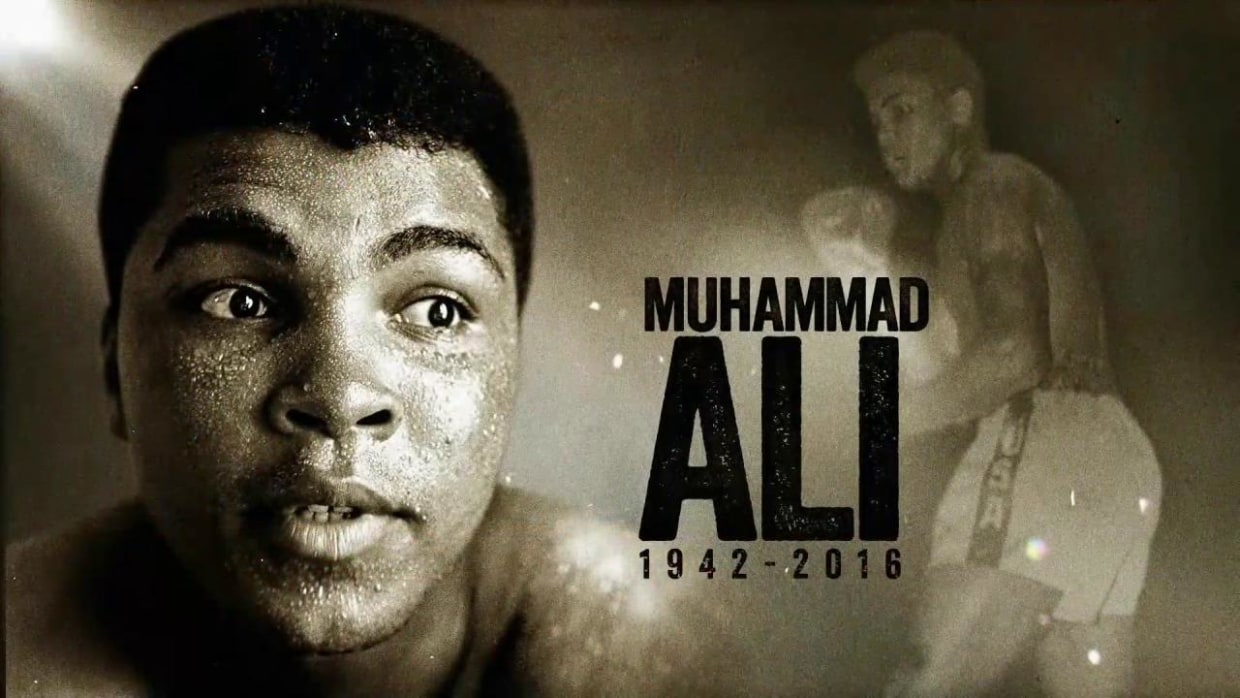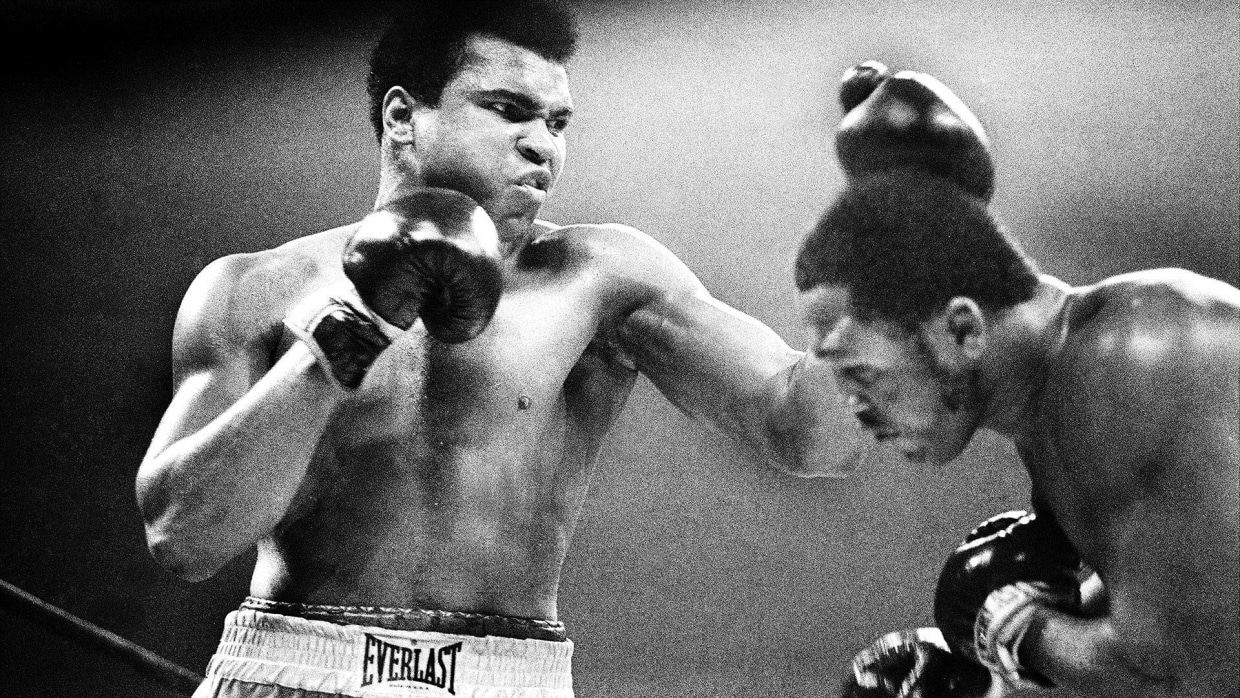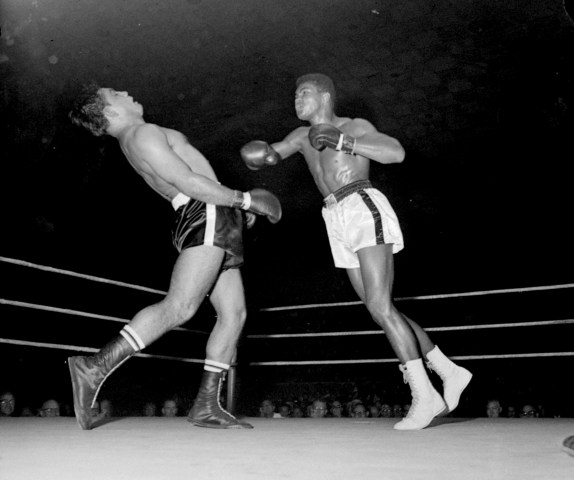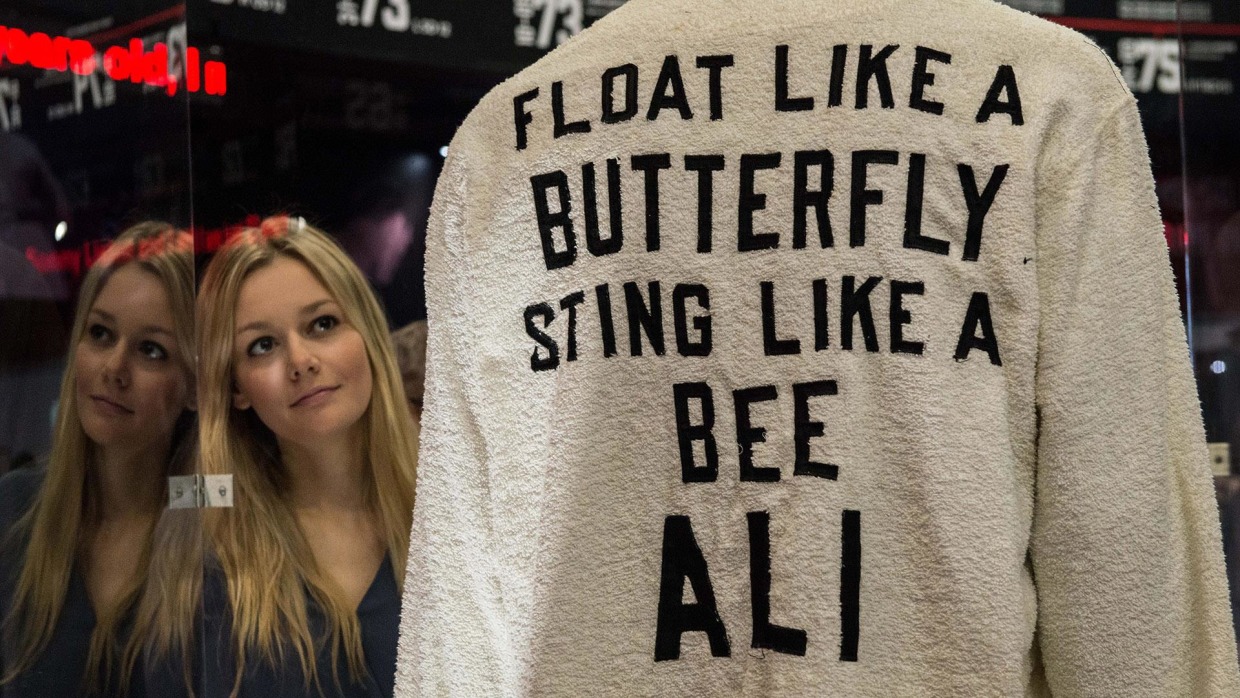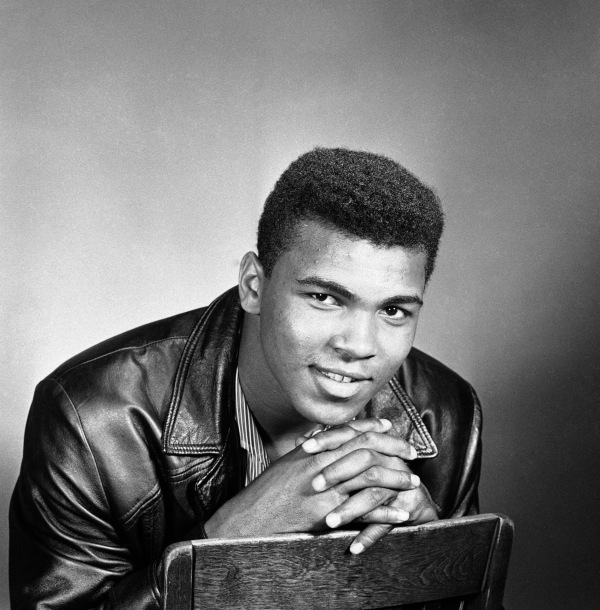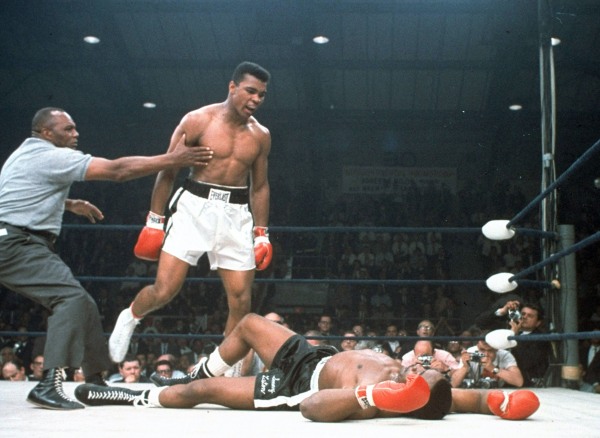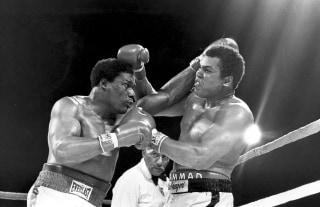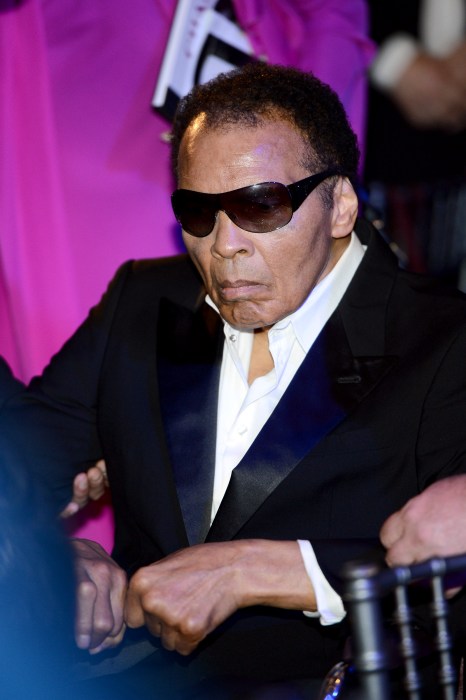By Alemayehu G.Mariam
The question is NOT if Ethiopia needs a new constitution.
![Ethiopia-Map10]() The question is, “Does Ethiopia need a constitution?”, since it currently does not have one.
The question is, “Does Ethiopia need a constitution?”, since it currently does not have one.
The so-called “1995 Ethiopian Constitution” is a constitution of the T-TPLF, by the T-TPLF, for the T-TPLF.
The T-TPLF (Thugtatorship of the Tigrean Peoples’ Liberation Front) is a certified terrorist organization currently listed in the Global Terrorism Database.
The crass and brazenly rapacious political objectives of the T-TPLF are bared in the text and structure of their constitution.
The T-TPLF constitution purports to create “a federal and democratic state structure.”
This so-called federal and democratic structure has one and only one purpose:
The complete centralization of political power and control in the hands of the T-TPLF and the total incapacitation of any other political groups and organizations in Ethiopia.
The T-TPLF “federal constitution” draws its textual and ideological inspiration from the polemical writings of Joseph Stalin, the bloodthirsty and homicidal master of the Soviet Union who died in March 1953.
In 1912, the ideological and organizational crises long brewing in the Bolshevik organization broke out into factional rivalry and strife. Arguably, the most important of the ideologically divisive issues for the Bolsheviks was the “national question”.
In 1913, Stalin wrote a tract entitled “Marxism and the National Question”. In it, he argued that the solution to the “national question” of oppression was to recognize the existence of entities he described as “nations”, “nationalities” and “peoples”, and incorporate the issue it into the Bolshevik political program.
Stalin drew on the Marxist theory of dialectical materialism to support his argument. Stalin argued the rise of nations and nation-states and the emergence of national consciousness is a peculiarly capitalist phenomenon cultivated and guided by the “bourgeois class” seeking to expand markets. Lenin, in a 1914 tract entitled “The Right of Nations to Self-Determination” articulated the reason: “The bourgeoisie must capture the home market, [and to do so] there must be politically united territories whose population speak a single language.”
In pre-capitalist (feudalist) societies, there was no real national consciousness based on a sense of shared or common ethnic, linguistic or cultural heritage. Pre-capitalist societies generally identified with people in their villages, towns and fiefdoms and at most pledged allegiance to the monarch who owned all the land in the kingdom through the feudal hierarchy.
The rise of capitalism and ensuing bourgeois national-democratic revolutions led to the creation of nation-states and emergence of national consciousness and identity. According to Stalin, some nations in Western Europe avoided the “national question” because they had developed the rudiments of a nation-state at the cusp of the capitalist revolution. In Eastern Europe, the pre-existing empires, such as the Austro-Hungarian Empire, came into existence before ethnic groups had formed into nations creating the problem of multi-national peoples in a given nation-state.
Stalin offered his own definition of “nation” in analyzing “national question”. Stalin argued, “A nation is a historically constituted, stable community of people, formed on the basis of a common language, territory, economic life, and psychological make-up manifested in a common culture.” He emphasized, “It is only when all these characteristics are present together that we have a nation.”
For hardline Bolshevists like Stalin and Lenin, the Russian “national question” (i.e. oppression of “nations”, nationalities” and “peoples” in the Russian Empire) proved problematic. The Russian Empire included a number of smaller nations, or “subject peoples” as Lenin called them, such as Ukrainians, Poles, Armenians, Azerbajanis, Finns, Georgians, etc. Lenin supported national independence movements within the Russian Empire and regarded their demand for the right of self-determination as intrinsically revolutionary. Lenin argued, “If, in our political agitation, we fail to advance and advocate the slogan of the right to secession, we shall play into the hands, not only of the bourgeoisie, but also of the feudal landlords and the absolutism of the oppressor nation.” Lenin also believed the demand to end oppression of “nations” and “nationalities” under bourgeois nationalism was indistinguishable from other democratic demands. Stalin later wrote more calculatingly: “The principle of self-determination ought to be used as a means in the struggle for socialism and it ought to be subordinated to the principles of socialism.”
Rosa Luxemburg, the influential Marxist theorist, disagreed with Lenin arguing that under socialism the working class had no need to struggle for national self-determination because that would be reactionary; at best the oppressed “nations” should aim for cultural autonomy. Luxemburg insisted socialists should fight not for national independence but the international unity of workers.
Stalin and Lenin understood the implications of the “national question” for their revolution. They saw two potential dangers: 1) Absent a revolution, the Russian Empire could be maintained by reformists in some sort of federal structure organized and managed by a multiplicity of national parties. Such a multi-party system would lose its revolutionary nature and perpetuate the Russian Empire. 2) There was a real risk of replacing or merging the revolutionary socialist aspirations and ambitions with the oppressive practices of the Russian Empire.
Stalin and Lenin concluded that it was necessary to dismantle the Russian Empire and divide the people into “nations, nationalities and peoples” to facilitate the Bolshevik revolution and ensure their takeover of power. They sought to depict the “national question” as a class struggle against national bourgeois oppression and denial and suppression of cultural and linguistic rights, among others.
Article 39 of the T-TPLF Constitution
The T-TPLF’s constitution under Article 39 (1) (“Rights of Nations, Nationalities, and Peoples”) provides:
Every Nation, Nationality and People in Ethiopia has an unconditional right to self-determination, including the right to secession.
Article 47 designates the “Member States of the Federal Democratic Republic” in the following order:
1) The State of Tigray
2) The State of Afar
3) The State of Amhara
4) The State of Oromia
5) The State of Somalia
6) The State of Benshangu-Gumuz
7) The State of the Southern Nations, Nationalities and Peoples
8) The State of the Gambela Peoples
9) The State of the Harari People
The late TPLF thugmaster Meles Zenawi drew important lessons from Stalin’s and Lenin’s tracts on the national question and self-determination in his efforts to consolidate power by dismantling the “Ethiopian Empire” in much the same way the Bolshevists dismantled the Russian Empire.
Meles re-conceptualized the Bolshevik’s notion of “class struggle” in the Russian Empire into a notion of “ethnic struggle” in the “Ethiopian Empire”.
According to the Meles/T-TPLF mythology, the “Ethiopian Empire” came into being in the 19th century in the rivalry between feudal “Amhara” kingdoms and principalities which fought each other for ascendancy and domination. In the mid-19th century, Emperor Tewodros II crowned himself “negusa negest” (king of kings) in the northern part of Ethiopia and marched down south with his army swallowing up land and subjugating the “nations, nationalities and peoples” on his warpath. Following Tewodros’ death, Emperor Menelik II took over and led his armies expanding the “Ethiopian Empire” gobbling up more lands and subjugating more “nations, nationalities and peoples”. According to T-TPLF fable, Ethiopia today is the product of forced and brutal amalgamation of completely different “nations, nationalities and peoples”.
In 1993, thugmaster Meles told an interviewer, “Ethiopia is only 100 years old. Those who claim otherwise are indulging themselves in fairy tales.”
In much the same way as Stalin and Lenin manipulated the national question to ensure Bolshevik ascendancy and domination, Meles and the T-TPLF manipulated the “national question” to convince the “oppressed nationalities” into believing that they have been forcibly and brutally incorporated into Ethiopia.
The T-TPLF remedy to the problem of “oppressed nationalities” was to constitutionalize “ethnic federalism”, which presumably would liberate and enable them to achieve political, cultural, economic, social, etc. autonomy and self-government.
But the T-TPLF flimflammed the “oppressed nationalities” in selling its “ethnic federalism”. Meles and the T-TPLF could not care less about “oppressed nationalities, nations and peoples”. Their one and only interest was and is T-TPLF domination.
Indeed, the T-TPLF’s drumbeat around the “national question” was a smoke screen to conceal the real and hidden T-TPLF agenda consisting of three objectives. First, their aim was to ensure that they will perpetually remain in power and entrench themselves as overlords of the people of Ethiopia. Second, they aimed to weaken and cripple any and all opposition to their rule by dividing Ethiopians along ethnic, regional, linguistic, cultural and religious lines. Third, they sought to portray themselves as defenders of oppressed nationalities against an imaginary “Amhara” conspiracy to return to power and enslave non-“Amhara” “nations, nationalities and peoples.”
Simply stated, the T-TPLF drafted a constitution that would present a veneer of ethnic federalism while cleverly masking the centralized T-TPLF state which is controlled and operated by a secret cabal of a state within a state. (I did not say a secret Mafiosi state.)
The whole “national question” for Meles and the T-TPLF was a clever and shrewd gimmick which they used to divert public attention from their real agenda of permanent political domination. The fact of the matter is that the central and core mission of the T-TPLF has always been the disintegration and dismemberment of the Ethiopian nation. Their master plan has been and remains the complete destruction of the Ethiopian nation. Any Ethiopian who does not believe this is living in his/her own La La Land. The T-TPLF never had a plan to liberate “nations, nationalities and peoples.” Once the T-TPLF seized power, they took tactical advantage of the national question by proclaiming to unite the “oppressed nationalities” of the “Ethiopian Empire”. Their aim was and remains the creation of a new order, the establishment of the T-TPLF Empire. (Just as an aside, I challenge anyone to produce documentary, audio or video evidence in which any top T-TPLF leader (including the late Zenawi) is ever recorded saying, “I am an Ethiopian” or “I love Ethiopia.”)
The T-TPLF constitution is one of the slickest constitutional scams in history.
I would put it second only to the Brooklyn Bridge scam:
“Hello, sir. Would you like to buy this lovely bridge here? It’s on sale for today only. Think of all the money you could make from tolls.”
The confused man answered, “Are you sure it’s for sale?”
Came the reply, “Why else would it have a ‘For Sale’ sticker on it?!”
That is exactly what the T-TPLF did with the “national question”.
The T-TPLF sold its “ethnic federalism” Brooklyn Bridge to Ethiopia’s oppressed “nations, nationalities and peoples”. The T-TPLF told them it is only available from the T-TPLF. “Think of all the freedom you are going to have under ethnic federalism”, hustled the T-TPLF scammers.
Undoubtedly, the T-TPLF constitution is the greatest con in any con-stitution ever written in Africa.
For 25 years, the T-TPLF scammers made suckers out of the Ethiopia’s oppressed “nations, nationalities and peoples”.
The T-TPLF has paraded their constitution for the last 25 years as THE emancipation proclamation liberating the “subjugated peoples” of the Ethiopian Empire from their “prison houses of nationalities”, to borrow phrases from Lenin.
In their smoke-and-mirrors constitutional game, the T-TPLF created a bogus front organization called the “Ethiopian People’s Revolutionary Democratic front” to unite the oppressed victims of “Amhara” oppression; and just like Stalin and Lenin, the T-TPLF guaranteed them the “right of self-determination”, which means complete separation from the Ethiopian nation-state at any time.
In T-TPLF fairy tale, by guaranteeing the right to complete separation, Ethiopia was saved. The fact of the matter is that the T-TPLF has fragmented Ethiopia to facilitate and guarantee its own perpetual political dominance.
Like Stalin, the late thugmaster Meles Zenawi arbitrarily combined unrelated ethnic groups within a single ethnic territory. Meles and the T-TPLF went about creating their bogus ethnic federalism willy-nilly drawing fabricated, sham and artificial borders. For instance, recently Prince Mengesha Seyom, governor of Tigray under the imperial administration, stated that the historical landmark between Tigray and Begemedr was the Tekeze River and that Wolkait Tsegede had never been in Tigray administration. Indeed based on T-TPLF’s constitutional criteria of language, history, territory, culture, etc., the people of Wolkait Tsegede should be part of “Amhara” region. (Just for the record: I do not believe, never have believed and never will believe in any idea which tags Ethiopians as “Amhara”, “Oromo”, “Tigre”, etc. I believe and will defend the absolute right of any Ethiopian to live, work and raise a family in any part of Ethiopia.)
For the past 25 years, the T-TPLF has used the “nations, nationalities, peoples” slogan effectively to fool some of the people most of the time, most of the people some of the time but never all of the people all of the time.
The fact of the matter is that the “oppressed nations, nationalities, peoples” of Ethiopia never became free from oppression. The T-TPLF allows only nominal autonomy under ethnic federalism.
Like Stalin, Meles and his T-TPLF have brutally suppressed those who opposed their rule and those seeking to exercise their right to self-determination.
Like Stalin who deported millions, Meles Zenawi and the T-TPLF have called “Amharas” sefaris (illegal squatters) and deported thousands of them from different parts of the country.
The T-TPLF has displaced and villagized en masse the people of Gambella and other “peoples” and sold their ancestral homelands to fly-by-night international land-grabbers and scammers.
The T-TPLF has used “self-determination” defensively to portray itself as the Avenging Angels against the “Amhara Bogeyman”. The T-TPLF has used “self-determination” offensively to demonize “Amharas” and dream up the “Amhara Bogeyman” who, the T-TPLF warns, will rise up and go on a rampage to re-enslave the “nations, nationalities, peoples”.
Today, the T-TPLF avenging angel has become a demonic spectre.
To paraphrase Marx in the “Communist Manifesto”, “A spectre is haunting Ethiopia- the spectre of the T-TPLF. All of the “nations, nationalities and peoples” who have entered into an unholy alliance must resolve to exorcise this spectre.”
Today, the T-TPLF has drawn the “nations, nationalities and peoples” of Ethiopia under its central control and disempowered them.
The T-TPLF dominates the “federal structure” in every way. The T-TPLF has one hundred percent ownership and control of the land in Ethiopia.
The T-TPLF has one hundred percent control of the military, the security and police apparatuses.
The T-TPLF has one hundred percent control of the economy, and with its supporters has created a crony capitalism for its supporters.
The T-TPLF controls one hundred percent of the bureaucracy and the judicial process.
Those who chafe at and yearn for the fabled “Ethiopian Empire” should think hard about the real T-TPLF Empire. The “Ethiopian Empire” created in the hate-filled minds of Meles Zenawi and his band of ignorant thugs never existed.
The real empire is the T-TPLF Empire, an empire of hate, an empire of injustice, an empire of inequality, an empire of corruption and an empire of abuse of power.
Despite the rhetoric of ethnic federalism and claims of a democratic republic, the T-TPLF has managed to secure in its con-stitution the reconfiguration of the fabled “Ethiopian Empire” into a real and live T-TPLF Empire.
Does Ethiopia need a constitution?
You are damn right it does!
Ethiopians need a constitution of the people, by the people and for the people.
Ethiopia needs a constitution which begins with the following words: “We the People of Ethiopia in order to form a more perfect union…”
Ethiopia needs a constitution that helps its ONE people create a “more perfect union” among themselves.
What does a “more perfect union” mean?
To me, a more perfect union is not about territorial union.
A “more perfect union” is about the union of the hearts and minds of the Ethiopian people.
Ethiopians were able to defeat one of the most modern European armies twice in less than 40 years and keep their country free of colonial domination because they were of ONE heart and mind.
Ethiopians became the symbol of freedom for all Africans suffering under colonial rule because they stood together as ONE people.
Ethiopians became the inspiration to African Americans suffering racism and discrimination because they proved by example that when the people united as ONE can never be defeated.
Ethiopians became a beacon of freedom and were celebrated by some of the greatest poets of the English language because they stood as ONE people and defended their freedom with blood, sweat and tears.
How do we create a more perfect union among the people of Ethiopia?
Simple!
To ensure a more perfect union among the Ethiopian people, we (each one of us) must work tirelessly to ensure
the supremacy of the rule of law.
the human rights of all Ethiopians (freedom of speech, press, religion, petition, assembly, etc.) are protected and respected.
strict legal accountability is imposed on all persons in positions of power and authority.
the institutionalization of free and fair elections.
the right to property, especially in land, is guaranteed and government is constitutionally constrained in its interference in the exercise of property rights.
the operation of a vigorous and independent judiciary.
During the civil rights struggle in the U.S., leaders often used the metaphor of the “Five Fingers” to teach the grassroots on the importance of unity. I believe Ethiopians can learn from that metaphor as they work to create a “more perfect union”:
There are five fingers on each hand. As long as the ten fingers are stretched separately from each other, they do not have much punching power.
If the ten fingers are pulled together in a clenched fist, they become a formidable weapon.
If one finger is lifted from each hand, a lot of the power in the fist is lost.
If a second finger is lifted, all of the power in the fist is gone.
For the past 25 years, Ethiopians who have been chopped up, diced, bantustanized and kililized by the T-TPLF. They have been unable to make a fist and rage against the T-TPLF Empire.
But Ethiopians should look into their own history to appreciate the power of the clenched fist.
They conquered their mightiest enemies when they came together, closed ranks and raised their fists in defiance.
Let history testify:
The Oromos alone did not defeat one of the mightiest European powers that invaded their country.
The Amharas alone did not defeat one of the mightiest European powers that invaded their country.
The Tigreans alone did not defeat one of the mightiest European powers that invaded their country.
The Gurages alone did not defeat one of the mightiest European powers that invaded their country.
The Afaris, Ogadenis, Hararis, Gambellans and all others in southern, northern, eastern and western Ethiopia did not alone defeat one of the mightiest European powers that invaded their country.
The Oromos, Amharas, Tigreans, Gurages, Afaris, Ogadenis, Hararis, Gambellans and all others in southern, northern, eastern and western Ethiopia came together asONE PEOPLE and defeated one of the mightiest European powers that invaded their country.
Likewise, they are not going to defeat the T-TPLF each one fighting alone.
Like the ten fingers of the hand, Ethiopians from all walks of life must come together, made a fist and gave the European invader a sucker punch he will never forget.
The nine fingers (kilils) the T-TPLF imposed on Ethiopia should now come together as ONE fist and give the T-TPLF a sucker punch it will never forget.
Ethiopians do not need a constitutional thugmocracy.
Ethiopians do not need a constitution that germinated in the mind of the genocidal maniac Joseph Stalin.
Ethiopians do not need a constitution that severs their bonds of family, marriage, kinship and friendship developed over thousands of years.
Ethiopia does not need a constitution that is a master plan and a blueprint to keep Ethiopia in a state of perpetual disunion, discord, dissension and dismemberment.
Ethiopia does not need a constitution that is a tool of political division, power centralization, social segmentation and geographic dismemberment of the people and territory of Ethiopia.
Ethiopia needs a constitution that unites the people of Ethiopia as ONE nation, ONE nationality and ONE people on the basis of equality, brotherhood/sisterhood, and liberty.
The struggle for the soul of Ethiopia
I dream of a constitution for Ethiopia that recognizes not the ethnicity of a group of Ethiopians but the humanity of every single Ethiopian.
I believe Ethiopians are human beings created free in the image of God before they are members of “nations, nationalities and peoples”. The humanity of Ethiopians comes before Ethiopianity, nationality or Africanity.
As born-free human beings, I believe in the sanctity and dignity of every Ethiopian. I do not believe in group rights. No one should be denied or granted the equal protection of the laws, due process or equal opportunity merely on the basis of his/her affiliation or membership in any group whatsoever. Period!
Ethiopians have individual rights that are paramount to any group rights.
Every Ethiopian has the right to choose his/her government and government leaders.
Every Ethiopian has a right not to be enslaved by a gang of bush thugs.
As I talk to young people across the spectrum, I am convinced that struggle for the soul of Ethiopia is reaching a critical mass.
I call on all patriotic Ethiopians to come together and make a “fist for freedom” in Ethiopia.
But there are others far more eminent than I who have made calls to Ethiopians to make a fist for freedom.
The great African American (“the people’s poet”) poet, Langston Hughes, called on Ethiopians to make a fist for freedom, and liberate all of Africa, when he wrote his poem in September 1935, just as the Italian aggressors launched their campaign of colonial conquest of Ethiopia:
Call of Ethiopia
Ethiopia
Lift your night-dark face,
Abyssinian
Son of Sheba’s race!
Your palm trees tall
And your mountains high
Are shade and shelter
To men who die
For freedom’s sake —
But in the wake of your sacrifice
May all Africa arise
With blazing eyes and night-dark face
In answer to the call of Sheba’s race:
Ethiopia’s free!
Be like me,
All of Africa,
Arise and be free!
All you black peoples,
Be free! Be free!
Ghana’s first president and the great Pan-Africanist Kwame Nkrumah wrote in his poem not only will all Africa arise but
Ethiopia shall rise [with a fist for freedom]
Ethiopia, Africa’s bright gem
Set high among the verdant hills
That gave birth to the unfailing
Waters of the Nile
Ethiopia shall rise
Ethiopia, land of the wise;
Ethiopia, bold cradle of Africa’s ancient rule
And fertile school
Of our African culture;
Ethiopia, the wise
Shall rise
And remould with us the full figure
Of Africa’s hopes
And destiny.
Ethiopia shall rise from T-TPLF tyranny and domination!
Support the right of self-determination of all Ethiopians from the T-TPLF Empire!
MY ETHIOPIAN BROTHERS AND SISTERS: WE ARE ONE NATION, ONE NATIONALITY, ONE PEOPLE!
“We think of this as the reign of people who inspire terror; on the contrary, it is the reign of people who are themselves terrified. Terror consists mostly of useless cruelties perpetrated by frightened people in order to reassure themselves.” Marx in a letter to Engles during the Paris Commune (1870)
TO BE CONTINUED…
 ADDIS ABABA – For years, the Ethiopian government has been accused of using its anti-terrorism law to crack down on internal political dissent. Now, bloggers and political activists worry freedom of expression could be limited even further by a proposed new law.Critics of the new legislation, called the Computer Crime Proclamation, say it would widen the door for the Ethiopian government to punish individuals voicing their opinions on the Internet.government to punish individuals voicing their opinions on the Internet.
ADDIS ABABA – For years, the Ethiopian government has been accused of using its anti-terrorism law to crack down on internal political dissent. Now, bloggers and political activists worry freedom of expression could be limited even further by a proposed new law.Critics of the new legislation, called the Computer Crime Proclamation, say it would widen the door for the Ethiopian government to punish individuals voicing their opinions on the Internet.government to punish individuals voicing their opinions on the Internet.





















